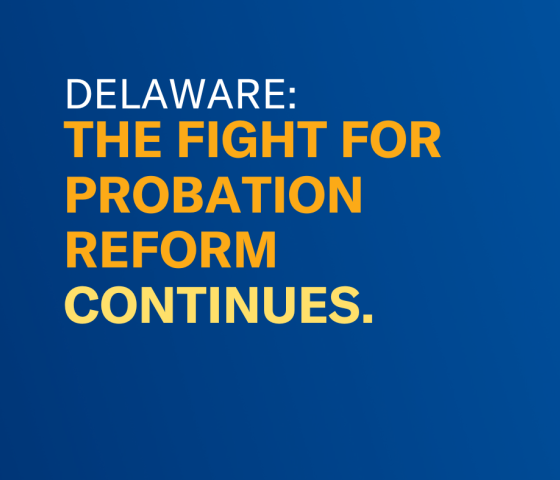FOR IMMEDIATE RELEASE
CONTACT: Kathleen MacRae, Executive Director, 302-654-5326 x102, [email protected]
Wilmington, DE (October 1, 2013) — The American Civil Liberties Union of Delaware agreed today to dismiss its lawsuit challenging the City of Dover ordinance adopted in April 2012 to expand residency restrictions for registered sex offenders.
For now, we will have to be satisfied that we won a small victory for our client,” said Richard Morse, ACLU-DE legal director. “Since the city amended the original ordinance to include a grandfather clause and our client can stay in his home, he no longer needs a ruling by the court.”
The ordinance, §70-7 of the Dover Code, restricted registered sex offenders from living or working within 500 feet of a daycare center. The Dover City Council adopted the ordinance despite objections from the ACLU that residency laws actually increase the risk of harm to children.
All studies of residency restrictions for sex offenders have shown that they make the public less safe,” said Kathleen MacRae, ACLU-DE executive director. “These laws destabilize the lives of offenders by pushing them away from the support of family, friends and the mental health services that they need. They also drive offenders into the shadows and away from supervision by law enforcement, one of the most effective tools against recidivism,” MacRae continued.
In a 2012 report, the Delaware Sex Offender Management Board recommended to the General Assembly that Delaware change the statewide residency restriction so that judges can decide whether to apply the restriction. The Board noted in its report:
The sex offender residency restriction was a well-intended effort to keep the children of our community safe. It has, however, had unintended consequences that may decrease community safety. While limited, research findings indicate residency restrictions have little to no effect on sexual re-offense. Housing restrictions appear to be based largely on three ideas, none of which is supported by the evidence.
Federal justice statistics show that only 7% of sex-offenders victimize someone they do not know. Laws such as the Dover ordinance lull communities into a false sense of security by overstating the threat posed by strangers and ignoring the fact that most sexual abuse is committed by a family member or acquaintance.
Dover’s only change to their original ordinance was to eliminate the requirement that people move from the homes where they were living when it was passed. The ordinance still applies to registered sex offenders who wish to move to a home that is near a daycare center.
Even though the city amended the residency ordinance so our client may stay in his home, there are still many other things wrong with this law. The ACLU is ready to file a new lawsuit on behalf of people who seek to move to a prohibited area or work near a daycare center. They should contact us for help,” Morse concluded.

